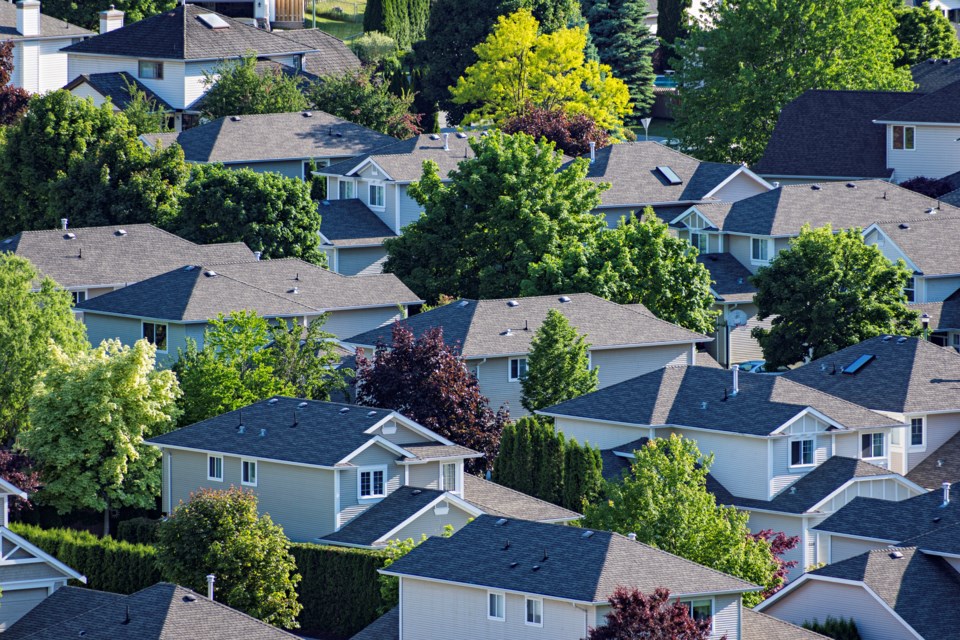Affordability continues to worsen in B.C. as the income needed to buy a home rises.
The average home price in B.C. rose by $10,200 from $985,700 in August 2022 to $995,900 in August 2023. This resulted in an increase of $16,995 from $188,526 to $205,492 in income needed to buy a home, according to a Sept. 21 report from digital mortgage lender nesto Inc.
This is the largest increase in income needed out of all Canadian provinces. In addition, there was an increase in income needed across all 10 provinces, the report said.
"August was the first full month of housing data following the Bank of Canada’s July rate hike, so a dip in activity was expected,” said Shaun Cathcart, senior economist with the Canadian Real Estate Association, in a press release.
“The demand is obviously still there, and it will be back, but as the housing affordability crisis re-emerges as a top policy issue, for now, the slowdown on the buyer side should help keep a lid on prices.”
In Vancouver, income needed for a home rose from $250,534 in August 2022 to $277,104 in August 2023 for an average home worth $1,208,400, according to data from nesto Inc.
For Victoria, income needed to buy a home increased to $183,562 in August 2023, up from an income of $173,607 at the same time last year. This is based on an average home price of $888,000 in August 2023.
The Bank of Canada raised interest rates in July 2023, which increased the prime rate to 7.20 per cent. The report said that the best five-year fixed rate mortgage stands at 5.34 per cent, up from 4.34 per cent in August 2022.
Income needed to afford a home is calculated based on average price, a mortgage with a 25-year amortization, a 20 per cent down payment, and includes $100 for monthly heating costs, according to the report.
“Last January, we saw that fixed mortgage rates remaining above 5 per cent primarily contributed to the lowest, post-pandemic, national average sale price,” said Chase Belair, co-founder and principal broker of nesto Inc., in a statement.
“We’re back above 5 per cent so unless fixed interest rates decrease, there’s a fair argument to be made in favour of home prices trending back down in the near future which should provide opportunity to would-be home buyers looking to enter the market.”
B.C. is among the four provinces where an income over $100,000 is needed to buy a home. The provinces are Ontario, Alberta and Quebec.
“This month’s home affordability report highlights a significant observation worth noting. In contrast to past months, where home prices may have decreased, but the required income still skyrocketed due to rising interest rates, the current scenario depicts a situation where home prices have risen simultaneously with rates,” the report said.

